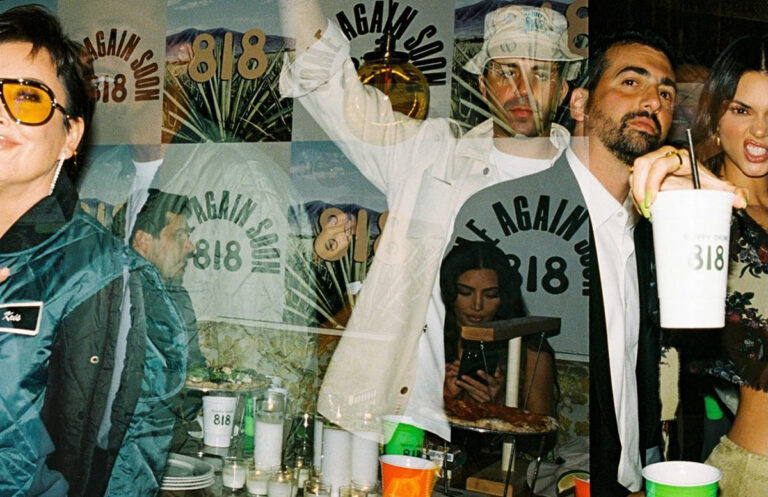People obsessed with celebrities are less intelligent, a new study reveals
*Gasp* Kim Kardashian just unfollowed Miley Cyrus on Instagram after her wild and flirty interaction with Pete Davidson. Wait, isn’t Kim K currently catching the rays with rebound dude Davidson in the Bahamas? So what is Kanye West doing hiding in the bushes outside her house for? Shouldn’t he be holding hands with Julia Fox on a Broadway show instead? Omg Machine Gun Kelly actually predicted his love story with Megan Fox using his gut on a lunch date!
If these thoughts (desirably) haunt you before sleep every night, then I hate to break it to you, but you’d score lower on measures of cognitive ability. In short, those engaged in higher levels of celebrity gossip and worship are proven to be less intelligent—according to a new study by Hungarian academics published in the peer-reviewed journal BMC Psychology.
“Interest in the topic of celebrity worshippers spans almost two decades,” explained lead authors Lynn E McCutcheon, Ágnes Zsila and Zsolt Demetrovics to PsyPost. “From several studies over that period, research showed a weak to moderate tendency for those who showed the strongest admiration for their favourite celebrity to have lower cognitive skills—using a variety of cognitive measures.” However, most of the previous research failed to control an array of irrelevant variables. This is something that the latest study in question has tackled successfully.
Subjecting 1,763 Hungarian adults to a 30-word vocabulary test and a short Digit Symbol Substitution Test (DSST), the study leveraged validated assessments of fluid intelligence to measure literacy and numeracy. Celebrity worship was then determined using a scientific questionnaire known as the Celebrity Attitude Scale (CAS)—which consisted of a series of statements to which the participants had to answer ‘yes’ or ‘no’. The questionnaire included claims like: “I often feel compelled to learn the personal habits of my favourite celebrity” and “If I were lucky enough to meet my favourite celebrity and he/she asked me to do something illegal as a favour, I would probably do it.”
Participants also undertook the Rosenberg Self-esteem Scale while researchers collected additional data about their subjective material wealth, current family income and the highest level of education.

The final verdict? The study found high scores on the CAS which were associated with lower performance on both the cognitive ability tests—even after controlling the demographic and socioeconomic variables. “We found a weak tendency for those who showed the strongest admiration for their favourite celebrity to have lower cognitive skills, suggesting that the earlier results were not due just to chance,” the authors told PsyPost. “Our results also support previous findings showing that excessive behaviours such as celebrity worshipping can possibly impair cognitive functioning, presumably due to the increased focus and energy invested in this behaviour that becomes dominant in the individual’s life.”
According to the researchers, although celebrity obsession seems unlikely to be the strongest precursor of poorer cognitive performance, high levels of admiration can be a contributing factor to lowered performance in tasks requiring cognitive effort—irrespective of education or age.
However, the group of Hungarian academics were unable to determine whether hardcore stans performed poorly because of clouding their minds with tabloid gossip or because they were already less intelligent to begin with. Simply put, it’s unclear whether celebrity worship is the cause or consequence of reduced cognitive ability. “For example, it may be that individuals with higher levels of cognitive skills are more likely to understand the marketing strategies behind a famous person, and thus less vulnerable to celebrity worship,” the researchers explained. It is additionally possible that stan culture requires constant cognitive effort to be maintained. Just like other forms of addiction, for a matter of fact.
This calls upon the need for future studies on the subject matter. Meanwhile, other researchers have proven the undesirable association of celebrity worship with addictive and problematic social media use. Stan Twitter, I’m looking at you.






